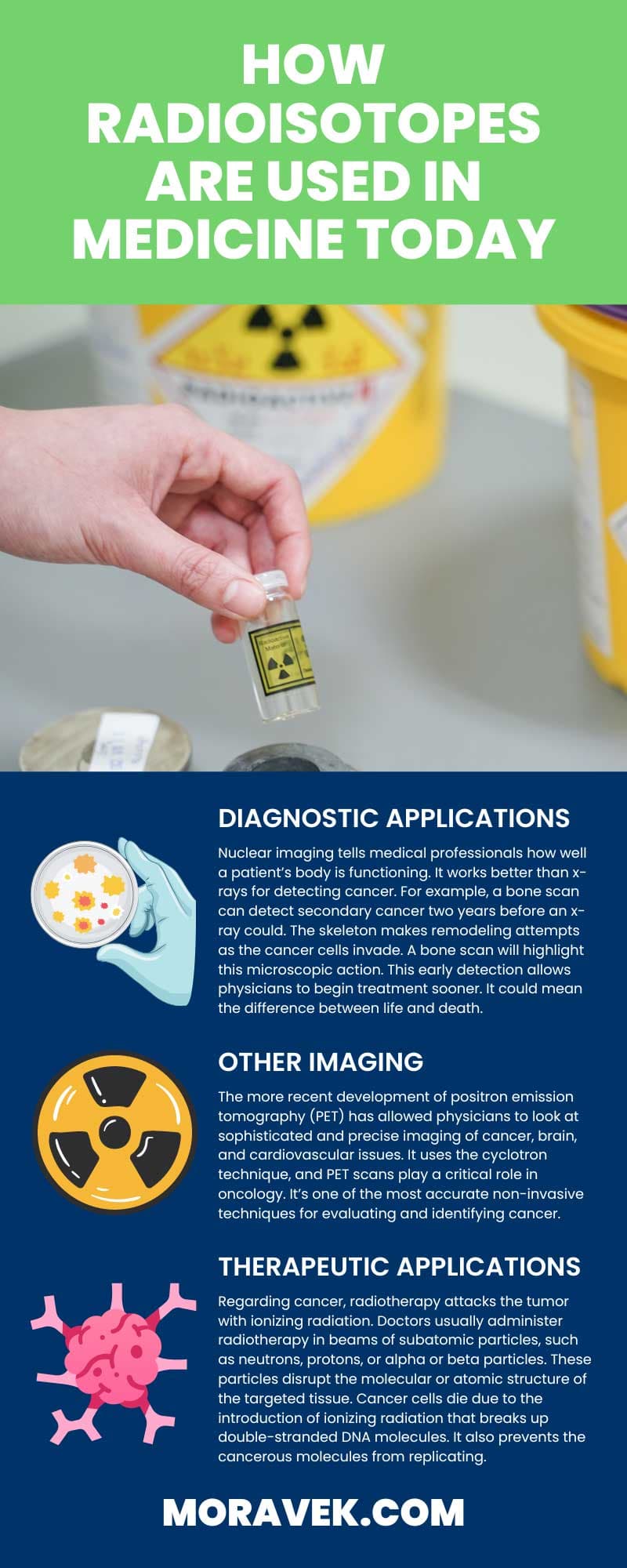Isotopes

Overview
Isotopes are variations of a particular chemical element that have the same number of protons but a different number of neutrons in their nuclei. This difference in neutron number results in isotopes having different atomic masses, but they share the same chemical properties. Isotopes can be stable or radioactive, with unstable isotopes undergoing radioactive decay. The concept of isotopes was first introduced in the early 20th century, providing a deeper understanding of atomic structure and chemistry. Isotopes have diverse applications in fields ranging from medicine to archaeology and nuclear power.
Recent Developments
- 2025: Advances in isotopic analysis have improved precision in environmental monitoring, aiding in the accurate tracking of carbon and nitrogen cycles, which is crucial for climate research.
- 2024: Researchers have developed new techniques utilizing isotopes to improve cancer treatment outcomes by optimizing dosing in radiotherapy, reducing damage to healthy tissues.
- 2023: A breakthrough in nuclear waste management was achieved by using specific isotopes to enhance the safety and efficiency of storage methods.
- 2022: Progress in carbon isotope technology has facilitated better measurement of carbon footprints, helping corporations in achieving sustainability targets and adhering to environmental regulations.
Company Information
| Attribute | Information |
|---|---|
| Founding Date | N/A |
| Headquarters | N/A |
| Founders | N/A |
| Revenue | N/A |
| Profits | N/A |
| Key Investors | N/A |
| Industry | Chemistry, Research, Medicine |
| Number of Employees | N/A |
Early History
The term "isotopes" was introduced by Frederick Soddy, an English chemist, in 1913 to describe atoms of the same element that have different atomic masses but exhibit identical chemical behavior. The concept was integral to the development of atomic theory, shifting the understanding of elemental composition. Initially, isotopes were simply identified in elements with known radioactivity, leading to the discovery of various isotopes through spectrometry and other analytical techniques. Many historical milestones were associated with the study of isotopes, such as the understanding of radioactive decay series and the realization of isotopic abundance in nature.
Company Profile and Achievements
The scientific study of isotopes has been marked by significant achievements in understanding and application. Key milestones include:
- Development of Mass Spectrometry: The ability to distinguish isotopes using mass spectrometry marked a major advancement in the field, allowing precise identification and analysis of isotopic composition.
- Application in Radiocarbon Dating: The discovery and application of carbon-14 isotopes revolutionized archaeology and geology by enabling accurate dating of ancient artifacts and geological formations.
- Use in Nuclear Medicine: Isotopes like Iodine-131 and Technetium-99m are pivotal in diagnostic and therapeutic procedures, highlighting their significance in modern medicine.
- Significance in Nuclear Energy: Isotopes, particularly Uranium-235 and Plutonium-239, are crucial for the generation of nuclear power, contributing to global energy solutions.
- Environmental and Climate Research: Stable isotopes have allowed for groundbreaking work in tracing environmental processes, aiding in the understanding of climate change impacts.
Current Operations and Market Position
In contemporary science and industry, isotopes hold a significant position. Research facilities and companies specialize in the production of stable and radioactive isotopes, serving diverse sectors such as healthcare, environmental monitoring, and energy.
In the healthcare industry, isotopes are indispensable in diagnostic imaging and treatment protocols, reinforcing their market demand. The environmental applications of isotopes, particularly in tracking pollution and studying climate change, further bolster their importance. Technological advancements continue to refine isotope production and application methods, maintaining a strong market presence and inspiring future innovations in isotopic research.
Conclusion
Isotopes play a crucial role across multiple sectors, from driving advancements in healthcare to enhancing environmental research. With ongoing technological advancements and increasing applications, isotopes are poised to contribute significantly to future scientific and industrial developments. As research continues to evolve, isotopes will likely open new avenues for innovation and sustainable solutions, reinforcing their critical place in modern science and industry. The interdisciplinary applications of isotopes ensure their continued relevance and importance in tackling global challenges.